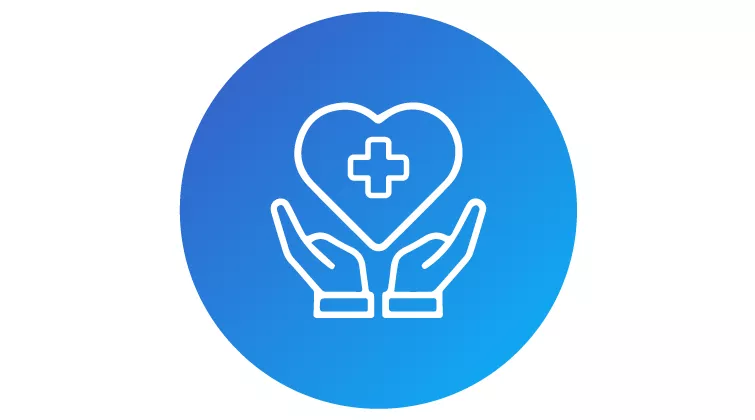
I was a junior paediatric trainee when I first experienced incivility at work. An encounter on the phone with another specialty. Raised voices and cross words. It consumed me for hours after. An overwhelming sense of discomfort. I could think of nothing else. Later that afternoon my supervisor pulled me aside.
“I’ve just had a phone call about a conversation you had this morning. What they described is completely out of character for you. What’s going on?”
And so, I explained how my own experiences had fuelled a disproportionate reaction, how my helplessness compounded with exhaustion and hunger had led me to say things that I regretted. He listened. Though my explanation didn’t offer any kind of excuse, perhaps it went some way to explaining why I had behaved in such an uncivil manner.
Instead of incivility and accusation, [my supervisor] offered me the chance to explain and reflect
We talked about our relationship with other specialties, the way, as a team, we communicate with them and the factors that can make incivility seem somehow permissive. Then, we made a plan, one where I would reflect and apologise. One where in future he would support me if I found similar cases challenging.
It’s been thirteen years since this happened and I still feel deeply ashamed and embarrassed that I behaved in this way. To the person on the end of the phone, I apologise whole heartedly. To my supervisor, I offer gratitude, because his approach was compassionate and empathic. Instead of incivility and accusation, he offered me the chance to explain and reflect. He provided me with the space to learn.
Most of us have witnessed if not experienced incivility at work. We have seen the way it plays on our minds and makes us question our own actions and behaviours. But have we noticed the knock-on effects on the wider team and in turn, on our patients?
Civility Saves Lives is a national campaign that raises the profile of poor workplace behaviour and the devastating consequences that this can have on patient care. As part of Thrive Paediatrics, we too want to address incivility. In our workshops, and on our upcoming resource hub, we share information about things you can do locally to support people experiencing this, whilst also challenging the behaviours in a curious and compassionate manner.
But this work starts with ourselves. Let’s face it, nobody comes to work to be mean. We are all human, with feelings of frustration, stress, exhaustion etc. What matters is that we reflect and learn from our behaviour. Then, and only then, can we begin to keep ourselves in check and challenge others with compassion and kindness.
Thrive Paediatrics is about learning from each other and empowering teams to give things a go. Have you been involved in a local or regional initiative to raise awareness and education around civility? Do you have any resources or examples to share? If so, please get in touch at thrive@rcpch.ac.uk and we can discuss how your experience could help others address incivility in their workplaces.









